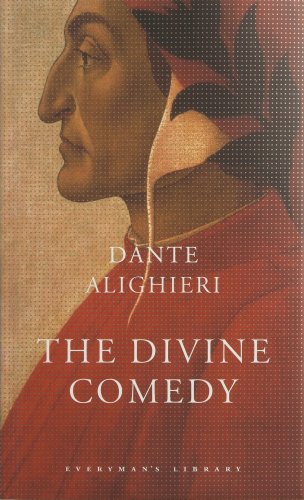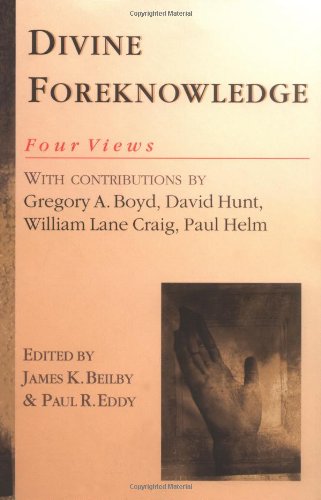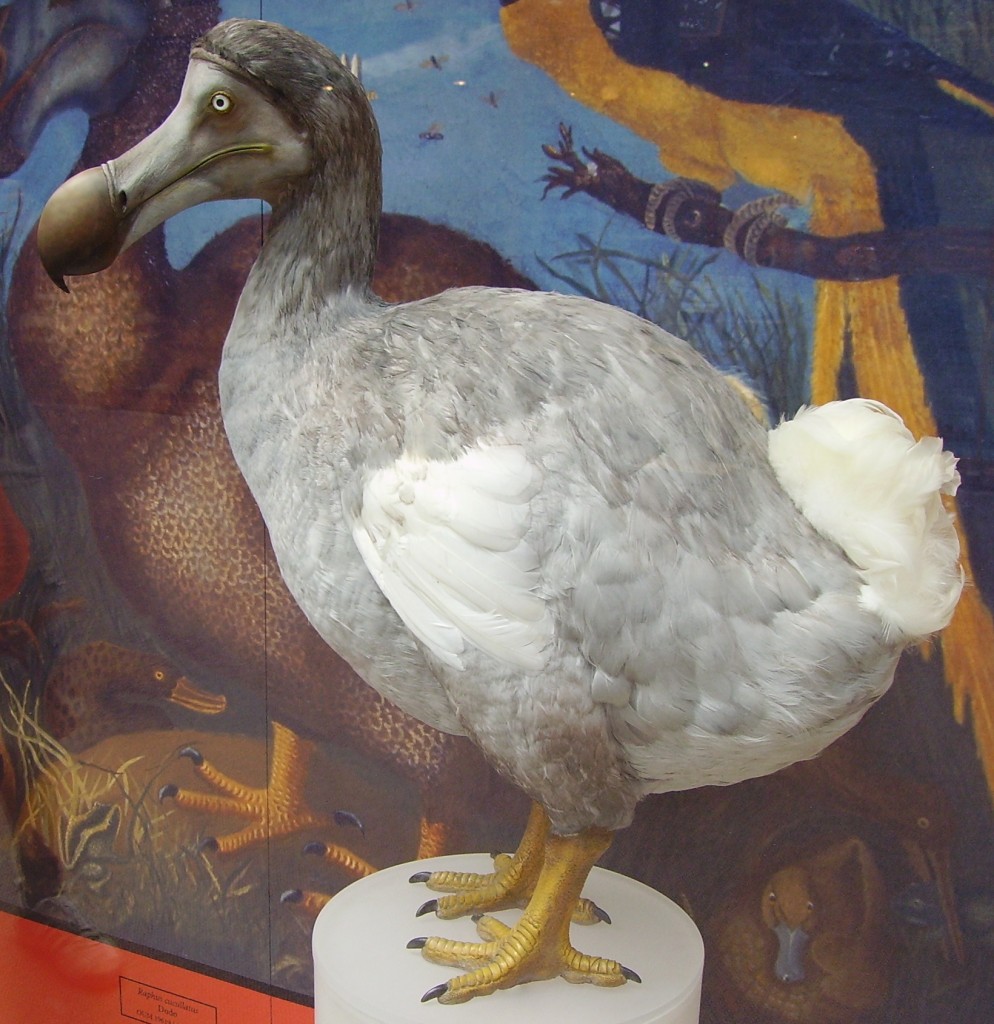It was based out of the accounts in the Gospel of Luke. I quoted a line from each of these six passages briefly, but here I include them in their context with the part about faith underlined.
Luke 5:17-20 “One day as he was teaching, Pharisees and teachers of the law, who had come from every village of Galilee and from Judea and Jerusalem, were sitting there. And the power of the Lord was present for him to heal the sick. Some men came carrying a paralytic on a mat and tried to take him into the house to lay him before Jesus. When they could not find a way to do this because of the crowd, they went up on the roof and lowered him on his mat through the tiles into the middle of the crowd, right in front of Jesus. When Jesus saw their faith, he said, ‘Friend, your sins are forgiven.‘”
Luke 7:1-10 “When Jesus had finished saying all this to the people who were listening, he entered Capernaum. There a centurion’s servant, whom his master valued highly, was sick and about to die. The centurion heard of Jesus and sent some elders of the Jews to him, asking him to come and heal his servant. When they came to Jesus, they pleaded earnestly with him, ‘This man deserves to have you do this, because he loves our nation and has built our synagogue.’ So Jesus went with them. He was not far from the house when the centurion sent friends to say to him: ‘Lord, don’t trouble yourself, for I do not deserve to have you come under my roof. That is why I did not even consider myself worthy to come to you. But say the word, and my servant will be healed. For I myself am a man under authority, with soldiers under me. I tell this one, ‘Go,’ and he goes; and that one, ‘Come,’ and he comes. I say to my servant, ‘Do this,’ and he does it.’ When Jesus heard this, he was amazed at him, and turning to the crowd following him, he said, ‘I tell you, I have not found such great faith even in Israel.’ Then the men who had been sent returned to the house and found the servant well.”
Luke 7:36-50 “When one of the Pharisees invited Jesus to have dinner with him, he went to the Pharisee’s house and reclined at the table. A woman in that town who lived a sinful life learned that Jesus was eating at the Pharisee’s house, so she came there with an alabaster jar of perfume. As she stood behind him at his feet weeping, she began to wet his feet with her tears. Then she wiped them with her hair, kissed them and poured perfume on them. When the Pharisee who had invited him saw this, he said to himself, ‘If this man were a prophet, he would know who is touching him and what kind of woman she is—that she is a sinner.’ Jesus answered him, ‘Simon, I have something to tell you.’ ‘Tell me, teacher,’ he said. ‘Two people owed money to a certain moneylender. One owed him five hundred denarii, and the other fifty. Neither of them had the money to pay him back, so he forgave the debts of both. Now which of them will love him more?’ Simon replied, ‘I suppose the one who had the bigger debt forgiven.’ ‘You have judged correctly,’ Jesus said. Then he turned toward the woman and said to Simon, ‘Do you see this woman? I came into your house. You did not give me any water for my feet, but she wet my feet with her tears and wiped them with her hair. You did not give me a kiss, but this woman, from the time I entered, has not stopped kissing my feet. You did not put oil on my head, but she has poured perfume on my feet. Therefore, I tell you, her many sins have been forgiven—as her great love has shown. But whoever has been forgiven little loves little.’ Then Jesus said to her, ‘Your sins are forgiven.’ The other guests began to say among themselves, ‘Who is this who even forgives sins?’ Jesus said to the woman, ‘Your faith has saved you; go in peace.'”
Luke 8:42b-48 “As Jesus was on his way, the crowds almost crushed him. And a woman was there who had been subject to bleeding for twelve years, but no one could heal her. She came up behind him and touched the edge of his cloak, and immediately her bleeding stopped. ‘Who touched me?’ Jesus asked. When they all denied it, Peter said, ‘Master, the people are crowding and pressing against you.’ But Jesus said, ‘Someone touched me; I know that power has gone out from me.’ Then the woman, seeing that she could not go unnoticed, came trembling and fell at his feet. In the presence of all the people, she told why she had touched him and how she had been instantly healed. Then he said to her, ‘Daughter, your faith has healed you. Go in peace.'”
Luke 17:11-19 “Now on his way to Jerusalem, Jesus traveled along the border between Samaria and Galilee. As he was going into a village, ten men who had leprosy met him. They stood at a distance and called out in a loud voice, ‘Jesus, Master, have pity on us!’ When he saw them, he said, ‘Go, show yourselves to the priests.’ And as they went, they were cleansed. One of them, when he saw he was healed, came back, praising God in a loud voice. He threw himself at Jesus’ feet and thanked him—and he was a Samaritan. Jesus asked, ‘Were not all ten cleansed? Where are the other nine? Was no one found to return and give praise to God except this foreigner?’ Then he said to him, ‘Rise and go; your faith has made you well.'”
Luke 18:35-42 “As Jesus approached Jericho, a blind man was sitting by the roadside begging. When he heard the crowd going by, he asked what was happening. They told him, ‘Jesus of Nazareth is passing by.’ He called out, ‘Jesus, Son of David, have mercy on me!’ Those who led the way rebuked him and told him to be quiet, but he shouted all the more, ‘Son of David, have mercy on me!’ Jesus stopped and ordered the man to be brought to him. When he came near, Jesus asked him, ‘What do you want me to do for you?’ ‘Lord, I want to see,’ he replied. Jesus said to him, ‘Receive your sight; your faith has healed you.’ Immediately he received his sight and followed Jesus, praising God. When all the people saw it, they also praised God.”
 I just finished Malcolm Gladwell’s latest book Outliers. It is absolutely fantastic. As soon as I got into chapter one I was reminded of why I enjoy Gladwell’s style so much. It is rich with case studies, stories, and ideas that cause your brain to process things like you’ve never done before. This book is loaded with incredible ideas on why certain people succeed and others don’t. Is it as simple as the best rising to the top? Gladwell argues not. Here are some intriguing ideas from the book:
I just finished Malcolm Gladwell’s latest book Outliers. It is absolutely fantastic. As soon as I got into chapter one I was reminded of why I enjoy Gladwell’s style so much. It is rich with case studies, stories, and ideas that cause your brain to process things like you’ve never done before. This book is loaded with incredible ideas on why certain people succeed and others don’t. Is it as simple as the best rising to the top? Gladwell argues not. Here are some intriguing ideas from the book:














